Gamification in retail technology and what brands can learn from iGaming
Gamification is among the retail tech sector's most powerful tools. With increasing commerce taking place online, retailers are desperate for mechanisms to maintain engagement with customers past the transactional point.
Points, badges, spin-the-wheel promotions, and level-based rewards plans are no longer gimmicks - they're becoming more central to how brands engage and retain audiences.
Interestingly, many of these mechanics are already optimised elsewhere. The iGaming sector has been experimenting with interactive design, reward systems, and personalisation for decades. There is much to be learned by watching how online slots machines hold users' attention through anticipation, micro-rewards, and balanced design.
Why Gamification Resonates with Shoppers
Essentially, gamification taps into intrinsic human motivators: achievement, competition, surprise, and reward. Customers do not just want to buy products; they want to have a sense of forward movement and enjoyment when doing so. This is especially true in a time when consumers are bombarded with choices and have fleeting attention spans.
Retailers are fighting back by bringing gaming elements into online and offline experiences. Mobile apps for loyalty programs feature daily tasks, "streak rewards" for visits in a row, and spin-the-wheel options at the checkout counter.
Grocery stores test digital scratch cards linked to offers. High-end brands even experiment with interactive experiences for flagship stores, where gamified elements can encourage discovery and repeat visits.
The science is clear: customers who have fun are likely to return, spend more, and become more brand-loyal.
Lessons Retailers Can Learn from iGaming
iGaming survives on player retention. Its mechanics are designed to deliver constant excitement and to make individuals return repeatedly. The following are some lessons retailers can learn from iGaming:
1. Variable Rewards
Among the strongest psychological drivers in games of chance is the "variable ratio reward schedule." In other words, the outcome isn't guaranteed - you get it sometimes and don't get it sometimes, but you persist. Merchants do the same thing with such promotions as "mystery discounts" or surprise bonus offers to loyalty members.
2. Personalisation Through Data
Modern iGaming platforms rely on algorithms to tailor experiences for each player, recommending games or bonuses based on behaviour.
Retailers are moving in the same direction with AI powered recommendations, personalised offers, and dynamic promotions. A gamified loyalty app could, for example, offer a higher “spin-to-win” reward chance to a lapsed customer as an incentive to return.
3. Progression Systems
Accomplishments, levels, and tiers capture attention. VIP clubs with progressive rewards are utilised by casinos; retail follows suit with tiered schemes like "silver, gold, platinum" rankings. Adding gamified layers, i.e., earning virtual badges or exclusive awards, makes members feel that they have achieved something and retains customers.
4. Immersive Experiences
iGaming websites use vibrant aesthetic, audio feedback, and instant feedback to create immersion.
Those retailers adopting gamification must set their sights past generic discounts and consider experiences as their focus instead. This might include AR games that one can play in-store, contest challenges in holiday apps, or immersive online experiences where rewards are uncovered through interaction.
Real-World Examples in Retail
Several brands already meld retail technology with gamified mechanics taken from iGaming:
● Starbucks Rewards uses stars, streaks, and rewards in levels to encourage repeat purchase. Occasional games on the app offer customers chances to win bonus stars for playing daily.
● Sephora has piloted interactive beauty quizzes that reward customers with tailored tips, badges, or even entry into sweepstakes.
● Nike uses challenges and achievements in exercise apps, creating a gamified scheme that encourages brand loyalty and product use.
These examples highlight that gamification isn’t just about entertainment - it’s about driving measurable business results.
Potential Pitfalls to Avoid
While gamification has many advantages, consumers must avoid over-engineering the experience. Too complicated, the mechanics will frustrate them. Too many, the notifications will be intrusive. The iGaming take-out here is balance: rewards must be meaningful, rules must be simple, and participation must always be perceived as voluntary, never coercive.
Transparency counts too. Consumers have never been more educated, and they'll become bored in a hurry if they feel the system is rigging the game or playing games with them. Retailers have to ensure that gamified features add genuine substance, and not just superficiality.
Looking Ahead: The Convergence of Retail and Play
The rise of e-commerce has blurred the lines of entertainment and commerce. Live shopping, AR product try-ons, and reward apps with embedded mini-games all point to a retail future that's more interactive than transactional.
As retailers continue to compete for visibility in crowded markets, modeling behavior from companies that have become masters of engagement makes sense. iGaming - and specifically, the online slot machine design principles - offers a template for creating sticky, entertaining, and customer-centric experiences.
By utilizing those lessons with attention to detail, retailers can transform dry transactions into experiential paths that captivate consumers while fostering loyalty.
Final Thoughts
Gamification isn't a fad; it's becoming a pillar of retailing today. Consumers are hungry for interaction, surprise, and the rush of winning, even at small levels. By observing how iGaming has evolved engagement mechanics, brands can apply those principles to offer loyalty programs, apps, and shopping experiences that resonate.
Tomorrow's retail champions are those who grasp that shopping is not necessarily about products - it's about experience. And the greatest experiences are those that are a form of play.




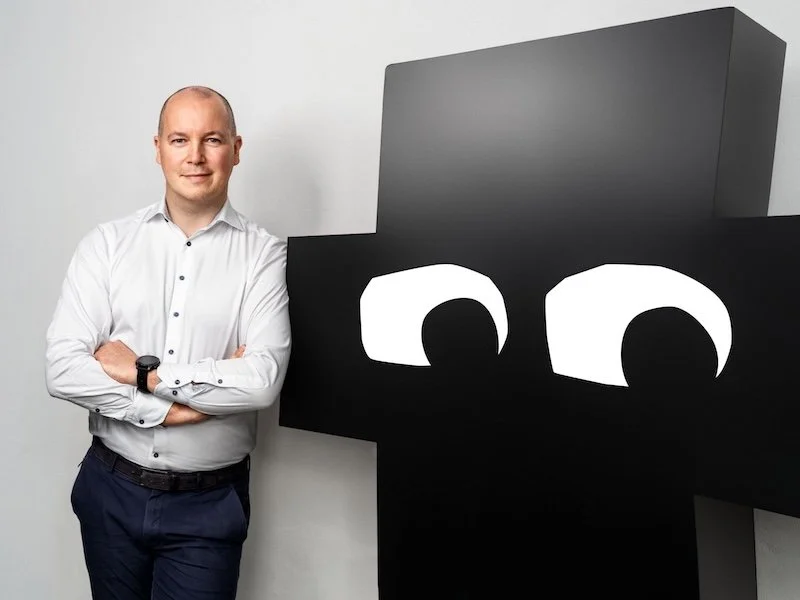

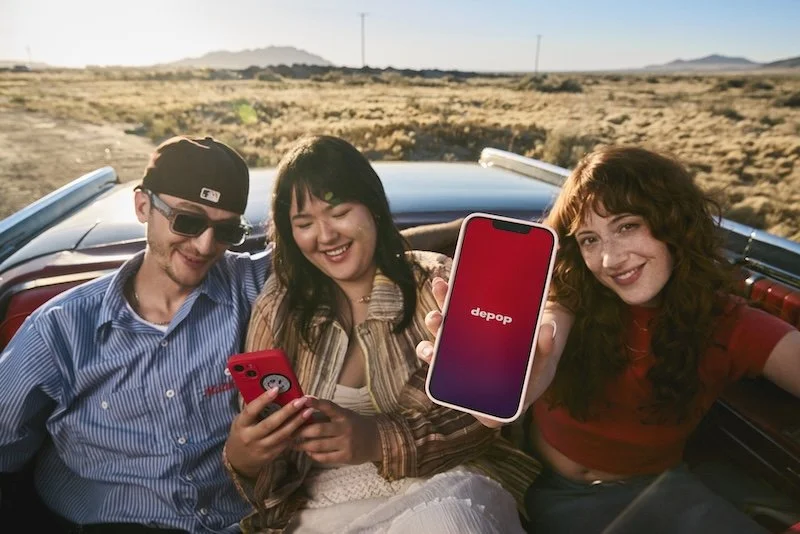
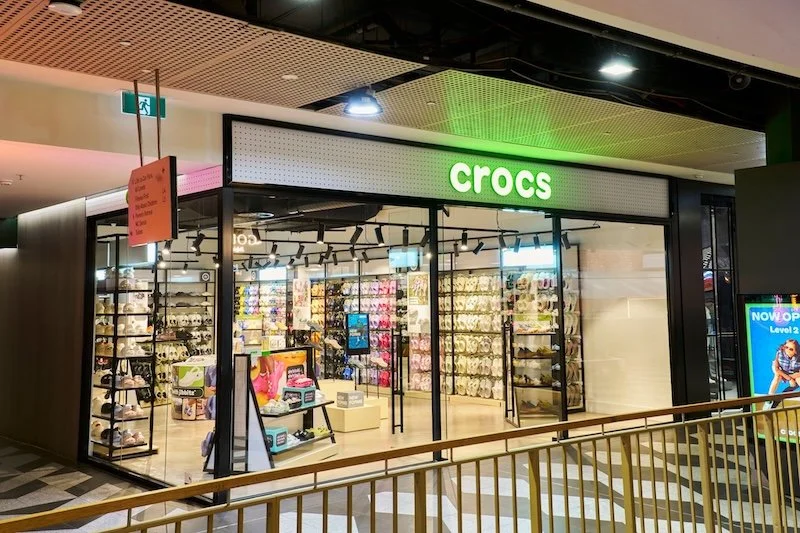
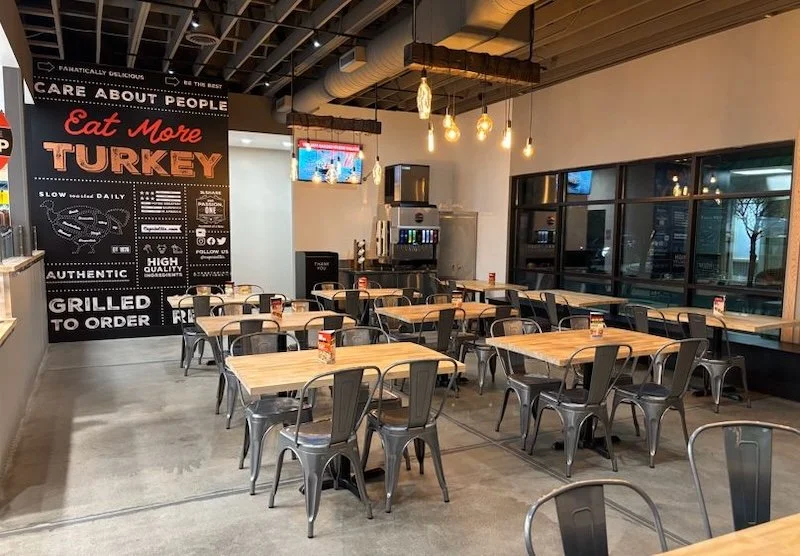



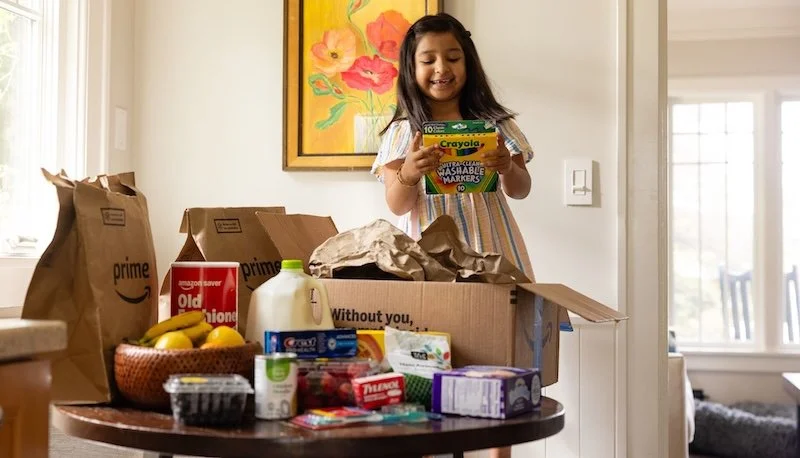


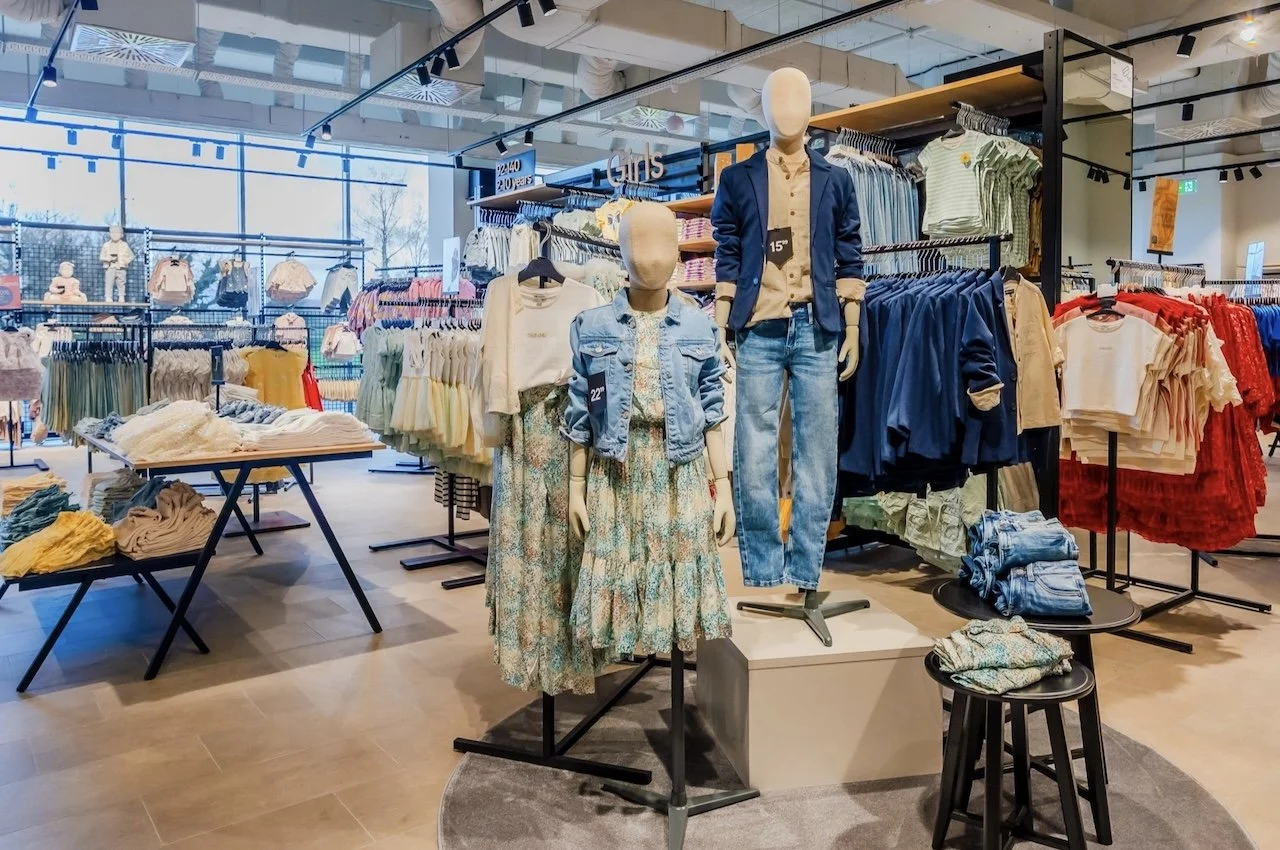
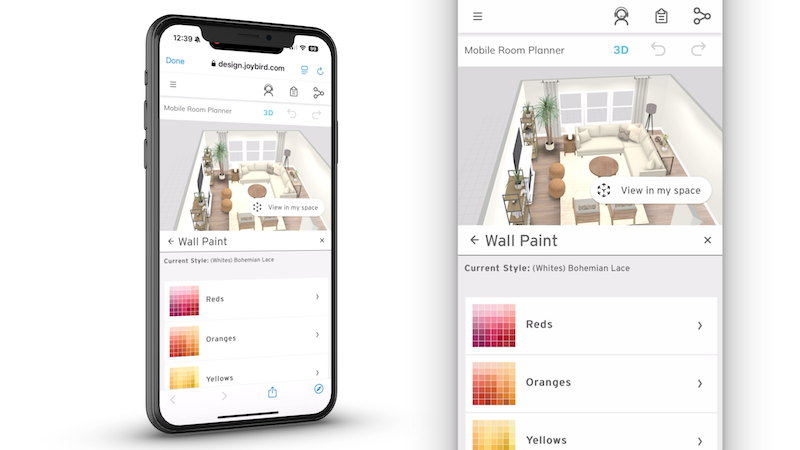

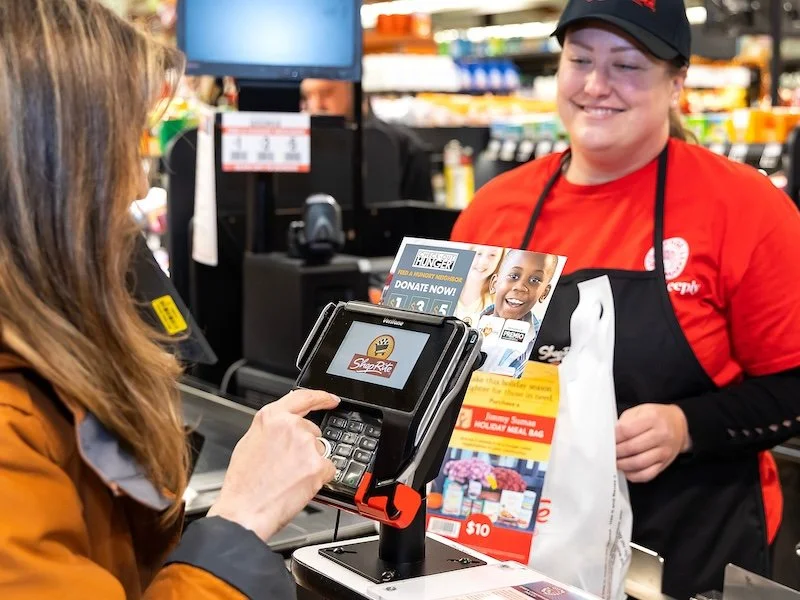
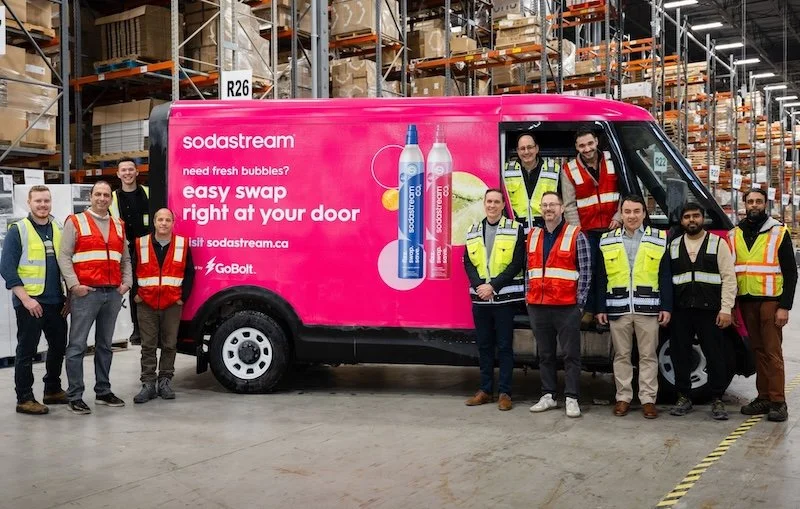
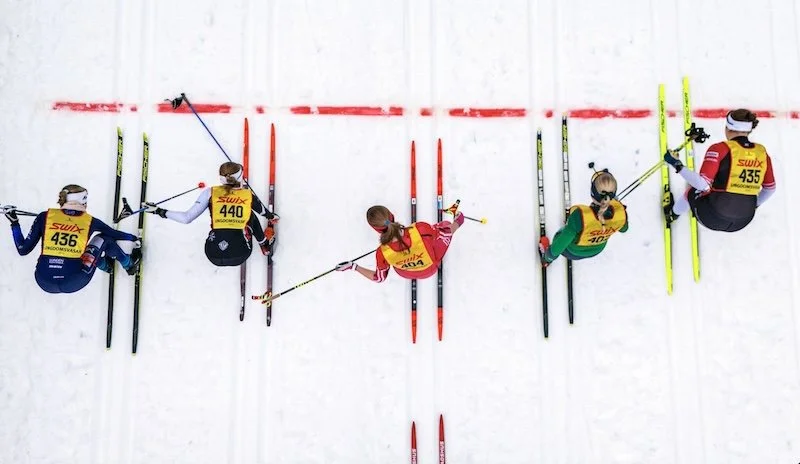
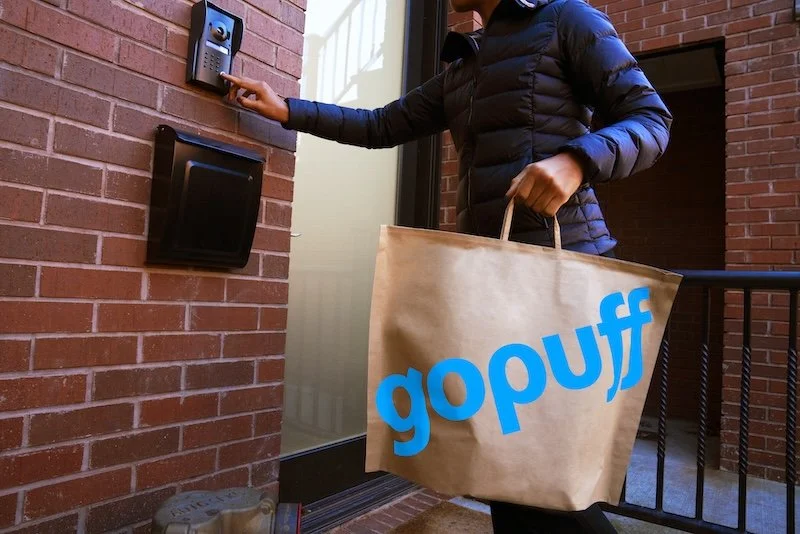
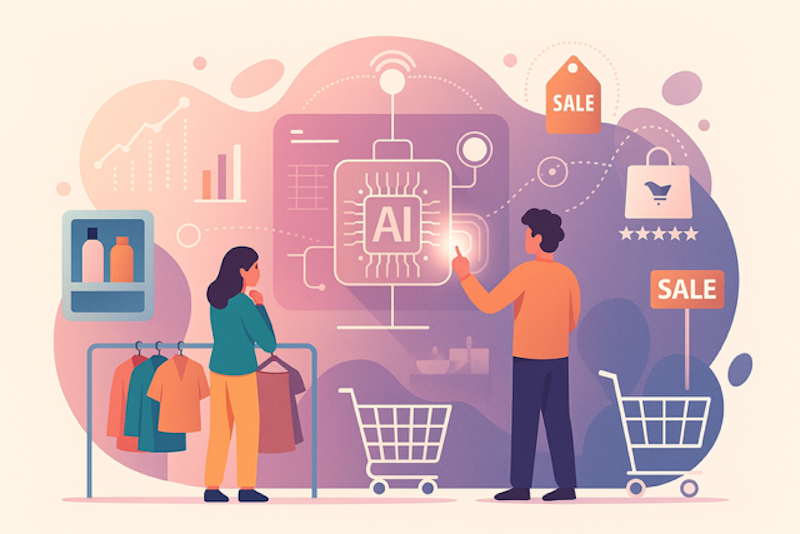
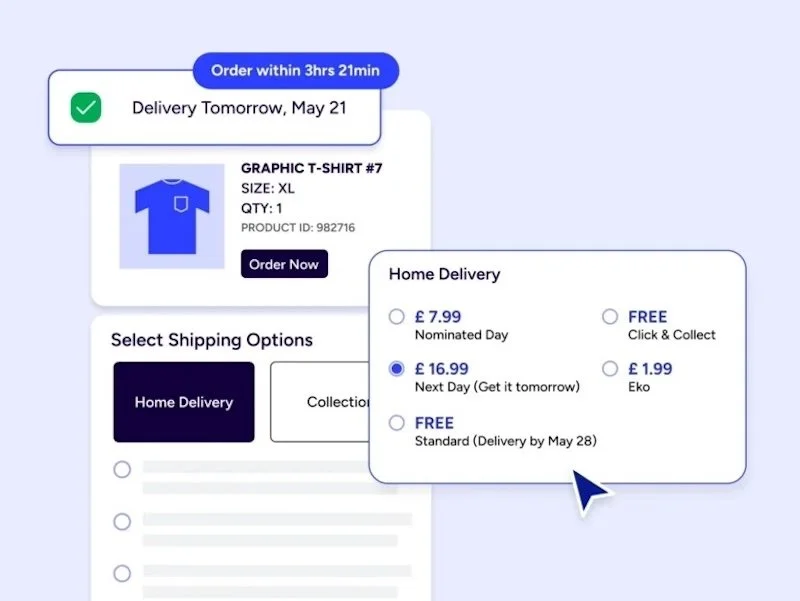







Continue reading…